Like many teachers, John Marshall* spent the final few weeks of last term in a mild state of anxiety.
Even as apocalyptic images of hospital wards filled the evening news, and social distancing measures were introduced in Australia, schools were told in no uncertain terms to stay open, leaving many teachers feeling confused and fearful for their health.
But this week, schools in Victoria have been advised to switch to remote learning, leaving teachers like Marshall with a new, more pressing, concern: the wellbeing of their most vulnerable students.
“For a lot of my students, school is a safe haven,” says Marshall, who works in a primary school in one of Melbourne’s most disadvantaged suburbs – an area ravaged by long-term unemployment and where a third of residents earn less than the minimum wage.
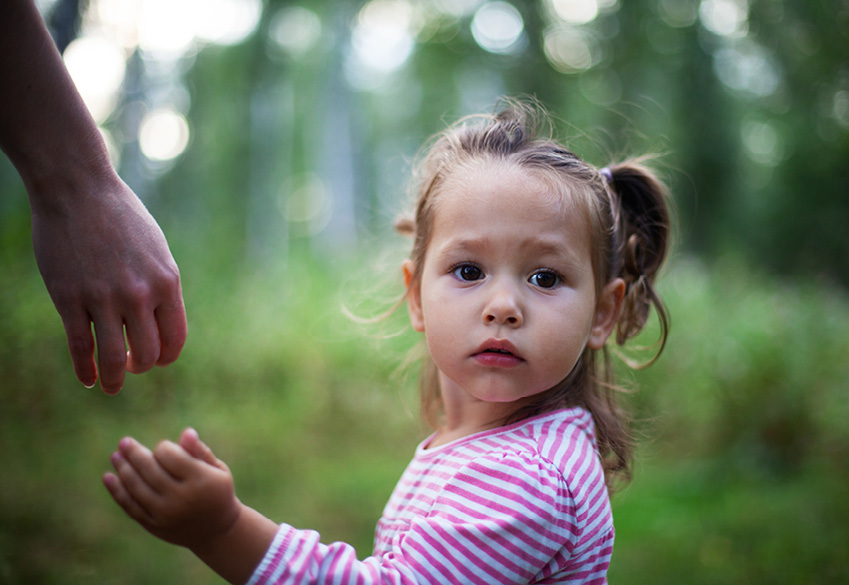

He describes his role as “part-educator and part-counsellor” explaining that in his class “you’ve got heaps of issues – mental health, drug, alcohol and violence. I have four out-of-home care situations where [children] aren’t able to live with their parents. You’ve got some families who have just fled war, so are literally just in survival mode.”
The level of deprivation is so high that when Marshall and his colleagues realised that many students were turning up to school hungry, they began preparing free breakfasts. “We’d all just volunteer before school. It was just toast with Vegemite and jam… but I’d say that maybe 70 kids would come up and eat it.”
In fact, Marshall’s ad-hoc school breakfast programme is one of thousands of schemes operating around Australia (in Victoria alone, Foodbank serves 55,000 breakfasts to students every week). The disappearance of these kinds of social supports has teachers and child advocates worried.
Until now, one of the rare glimmers of light in an otherwise surreally situation is that children have been spared the most serious health effects of Covid-19.
One of the rare glimmers of light is that children have been spared the most serious effects of Covid-19
Yet experts fear that in Australia – where 750,000 children live in poverty -vulnerable and disadvantaged children will bear the brunt of the pandemic’s long-term effects.
Certainly, the pandemic is already acting as a magnifying glass to society’s deepest inequalities; overseas, overcrowding and a lack of access to publicly funded health care has seen minority ethnic groups in the US hit hardest by Covid-19. Here in Australia, Indigenous communities are being carefully corralled into isolated settlements, in recognition that poor health rates means that exposure to the virus could be devastating.
Now, with the announcement that Victorian schools will pivot to remote learning, the issue of free school lunches is one of many under the spotlight.
“I don’t think [the extent of food poverty] is broadly known in Australia,” says Lyndon Galea, the founder of Eat Up, which provides sandwiches for more than 400 schools across Australia with the support of corporates like Coles and Goodman Fielder. “Just the sheer volume and how widespread it is.”
I don’t think the extent of food poverty is broadly known in Australia
Some educational experts believe that the pandemic could open up a fissure between children who have enough family support to make the new, remote learning system work, and others who don’t.
“For most children, [remote learning] isn’t a huge deal,” says Blaise Joseph, a research fellow for The Centre for Independent Studies. But for those lacking internet access, parental support or whose schools don’t offer sophisticated digital learning platforms, “this is a big deal”.
And it’s not a short-term issue; an uneven educational playing field now could mean inequalities for years to come, says Joseph. “There is a very well-established phenomenon in education, called ‘The Matthew Effect’, which tells us that if students fall behind early on in school academically, it’s quite hard to get them to catch up. And if we don’t intervene early on, the gap between advanced students and disadvantaged students will grow significantly.”
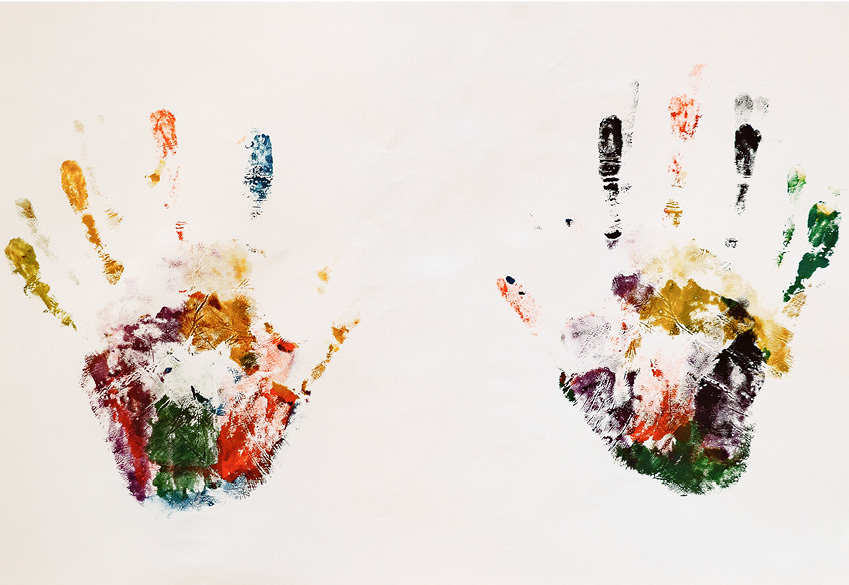

Schools in Victoria are being urged to stay open to vulnerable students. However, as Joseph points out, this creates problems of its own. “Obviously, all the teachers are very busy trying to send the homework back to students [working from home] … so the teachers won’t be able to give them their full attention.”
As social isolation measures stretch on, it’s not just educational success at stake.
Teachers are a key source of abuse and neglect notifications to social welfare authorities, and closing schools could lead to a drop in mandatory reports of abuse. (In 2018/19, there were 115,000 notifications, with teachers the second most common source of reports.)
Although students already earmarked as “vulnerable” will be encouraged to attend school in person, there are fears for children who aren’t known to authorities. In the UK, child protection referrals have plummeted by up to 50 per cent in some areas since social isolation began.
“Child abuse is a journey. It doesn’t just happen overnight,” says Lesley Taylor of the National Association for Prevention of Child Abuse and Neglect. “It’s a series of events that gets more and more serious over time.”
Schools, she says, play an important role in identifying when families are struggling and then providing support. “What concerns us is that there will be the potential for abuse to escalate.”
There will be potential for abuse to escalate
Associate Professor Michael Salter of the University of New South Wales agrees. “I think we can expect to see acute cases of abuse and neglect going unreported. Essentially, everyone is in their homes and there’s no kind of protection or guardianship that we could normally see exercised by teachers and healthcare workers and police. And that’s going to be pretty devastating for those kids.”
“Coronavirus represents a crisis for a system that’s already in crisis,” continues Dr Salter, who specialises in child sexual exploitation and worries that children will be forced into close proximity with abusers. “We do know that – particularly for girls – but for all kids, the majority of child sex offenses are committed within the family. We know that three-quarters of child sexual abuse images are manufactured in a home setting.”
Coronavirus represents a crisis for a system that’s already in crisis
Dr Salter adds that with children around the world now spending more time online, chatter among paedophile groups on the “dark web” has grown louder, “Some paedophile groups are even sharing strategies… they’re crowd-sourcing manuals on how to safely and secretly abuse kids online.”
Dr Salter wants to see more awareness campaigns for parents and for community members who believe that neighbours may be at risk of violence.
Crucially, experts agree that any messaging need to be aimed at all sections of society – not just those considered ‘disadvantaged’.
As Taylor points out, “this is an environment where the rules are changing for everyone” and where a toxic cocktail of anxiety, uncertainty and financial stress could see violence rear its head anywhere. “We all have the ability to lose our way.” She adds that the priority for all parents should be “just getting through the day with a smile on your face” rather than feeling pressured to navigate the dual roles of teacher and parent with perfect ease.
For now, charities like Eat Up are focused on ensuring vulnerable children and families receive the food they rely upon; they’re considering weekly drop-off points for food packs rather than daily pre-prepared sandwiches for schools.
In Melbourne, Marshall is gearing up for term two. During the holidays he set up a “Google Classroom” account for the two dozen students in his class and asked them to check in. So far, just six have logged in.
The Victorian government plans to distribute laptops and dongles for children without access to the internet, but Marshall is waiting for the details. “I’m really concerned for those students who just don’t have the internet apart from Grandma’s mobile at home… or even if they do, just don’t live in a house with a structure or routine that’s going to support what we’re trying to do.”
Marshall has two children himself and says “I’m not worried about my kids. They’re going to miss some learning. They’ll miss some social interaction. But they’re going to be fine. But for some children, it’s going to be much, much trickier.”
Are you or someone you know at risk of domestic violence? Call 1800 RESPECT for help.
If you need support parenting during Covid-19, visit Raising Children.
*Name changed to preserve the privacy of students




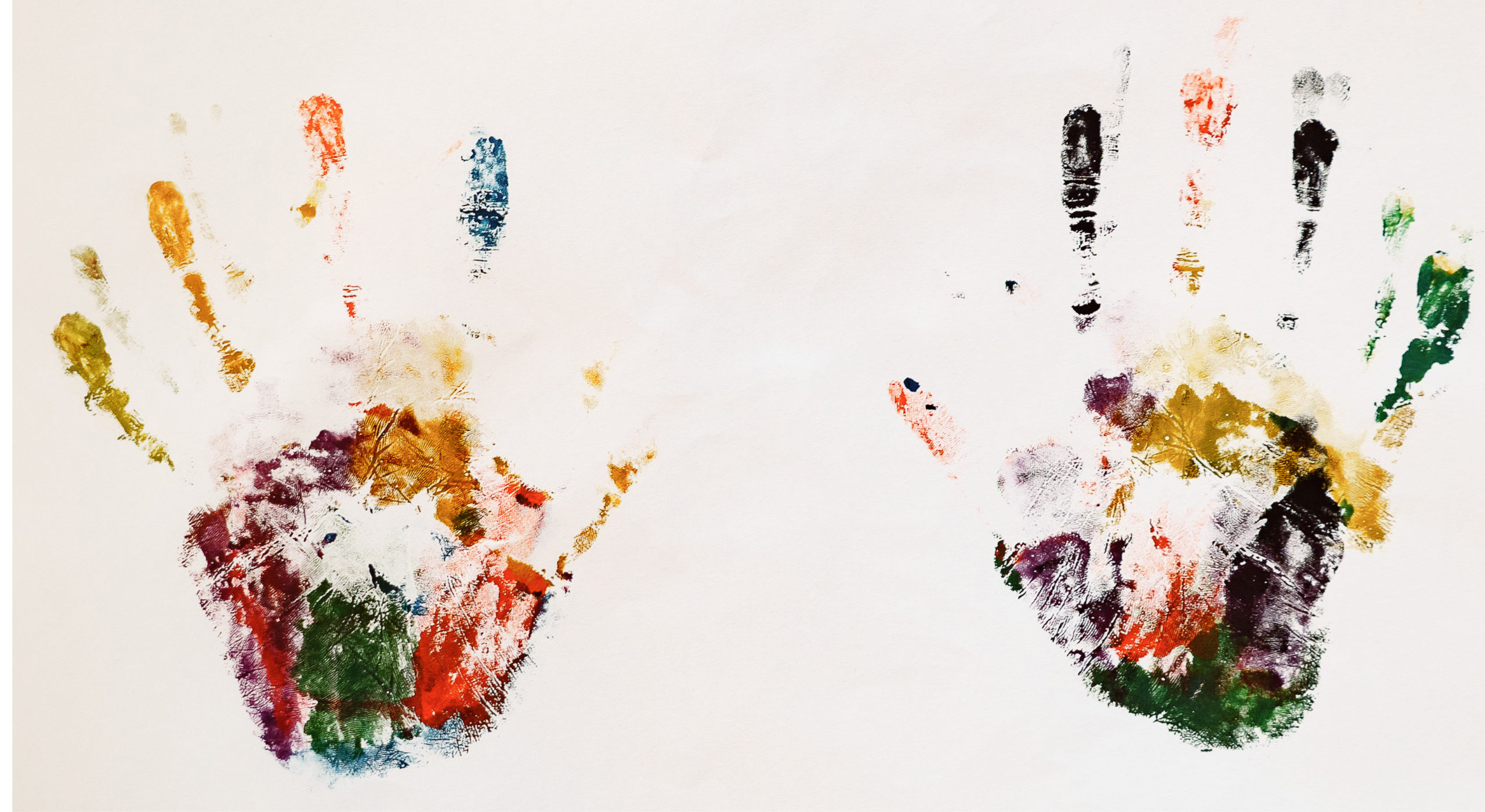
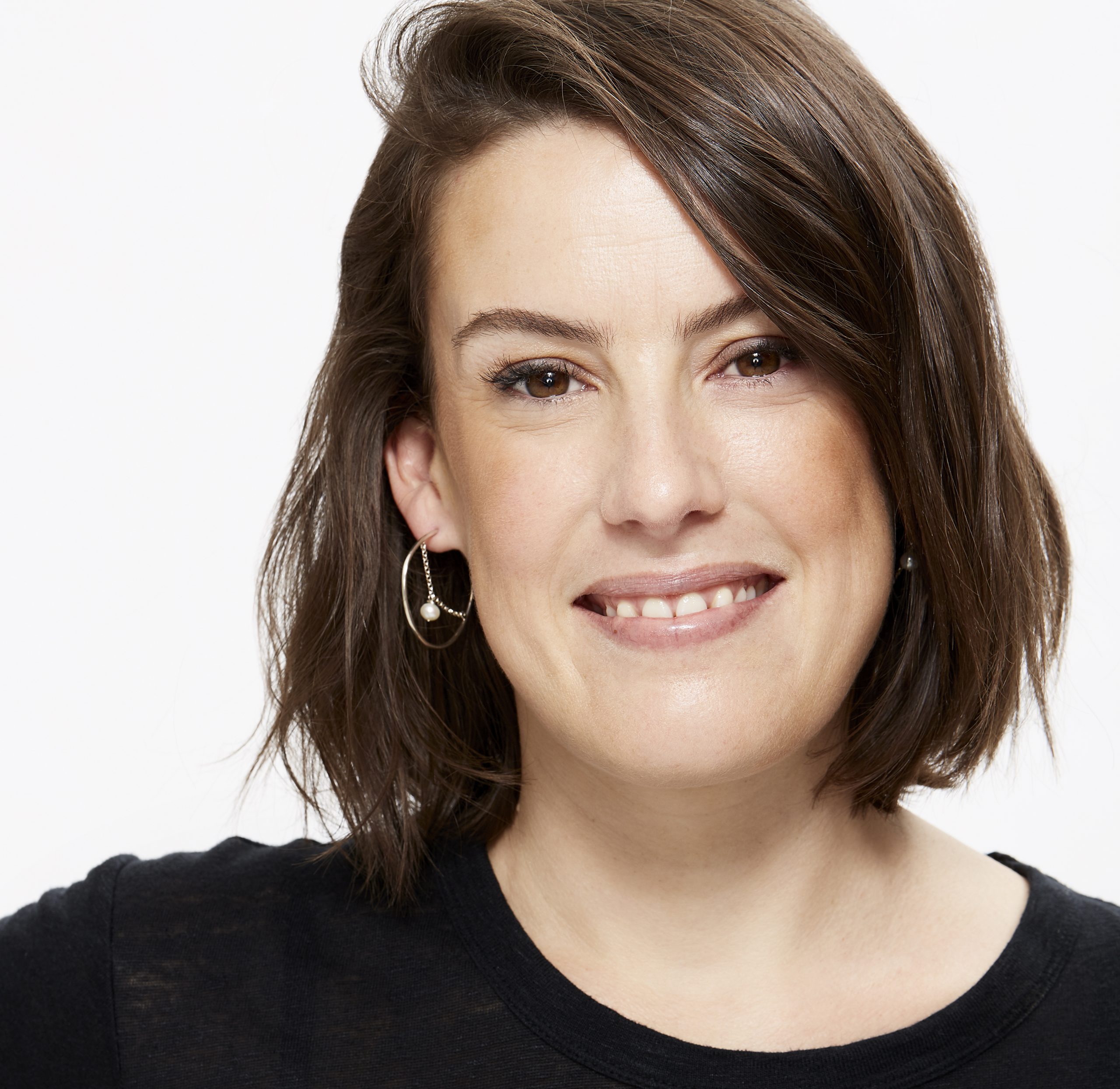


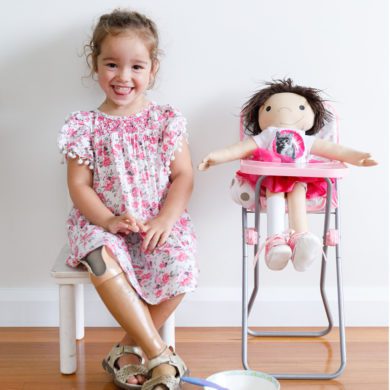


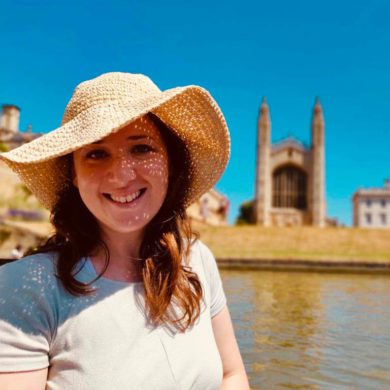


2 Comments